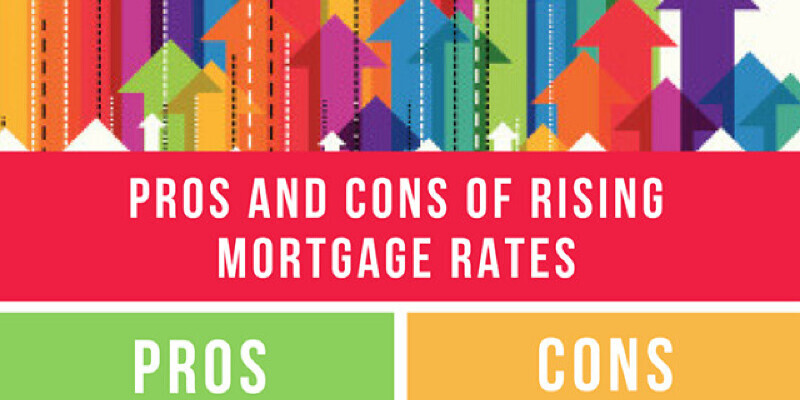
Value of Home Upgrades
Updating a home is one way for homeowners to protect their investment while at the same time making the home a more enjoyable, comfortable place to live. Upgrades include any kinds of additions, renovations or remodeling done after the home is built. An upgraded home is likely to attract more prospective buyers and compare favorably with similar local properties that may not include upgrades.
Resources of Value
Updating a home can offer added value for a number of factors. Upgrades permit the homeowner to request a higher cost when it is time to market. The fair market value of the home also increases , thereby increasing the homeowner’s equity. Upgrades that raise the efficiency of a home, like energy-efficient insulation and appliances windows, reduce family utility bills to spend less over time. Home improvements may be tax deductible, which is an added advantage.
Kinds of Upgrades
For incorporating value than 11, some home upgrades make better candidates. According to the National Association of Realtors, reasonably priced upgrades are for boosting home values best. Installing new siding, replacing windows, adding a deck and updating a kitchen are one of the upgrades which may make a home’s value increase more than the total cost of the upgrade. These upgrades have a similar impact even if the housing market is comparatively slow.
Recouping Costs
Than what they cost to perform home upgrades will not add greater value. The National Association of Realtors notes that in a solid housing market in 2005, home upgrades increased 86.7 percent of their value for owners, but in slower markets that figure has fallen to nearly 67 percent. A home’s location, and the length of time between the sale and the upgrade, can promote the update’s impact on value.
Selling
Selling a home for more money is a crystal clear source of recouping upgrade expenses, but selling a home more quickly may also be beneficial. Homes with upgrades that attract more buyers and invite shoppers to publish offers can make the entire process go more quickly, thereby decreasing the expenses related to marketing and realtors. A fast sale may also permit the homeowner to take advantage of an opportunity to buy a new home which may not still be on the market after a protracted sale process.
Funding Upgrades
If a homeowner decides that it’s time for a home upgrade, several sources of cash to fund the project are available. Cash-out refinancing is one alternative, so taking a new mortgage which replaces the older one and delivers a cash payment to the homeowner according to home equity. Second mortgages, including home equity loans and home equity lines of credit, may also pay for home upgrades based in home equity without replacing the present mortgage. Low-introductory-interest credit cards are an alternative for homeowners who plan to pay back the cost of an upgrade in the near future, before the card interest rates rise.